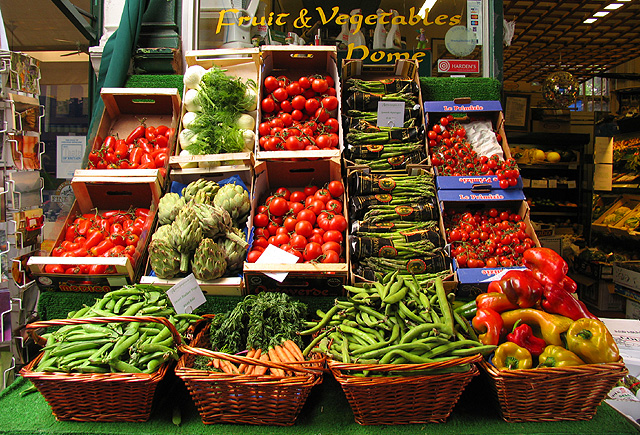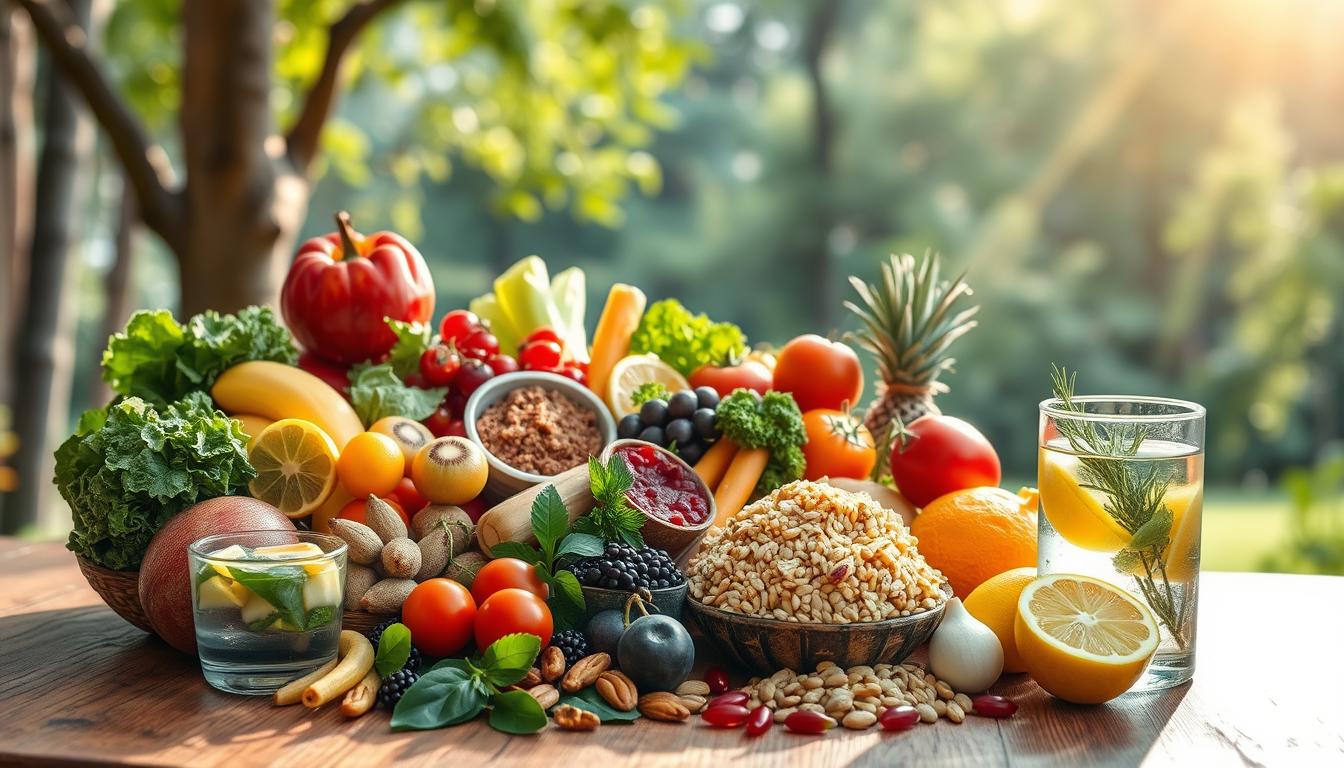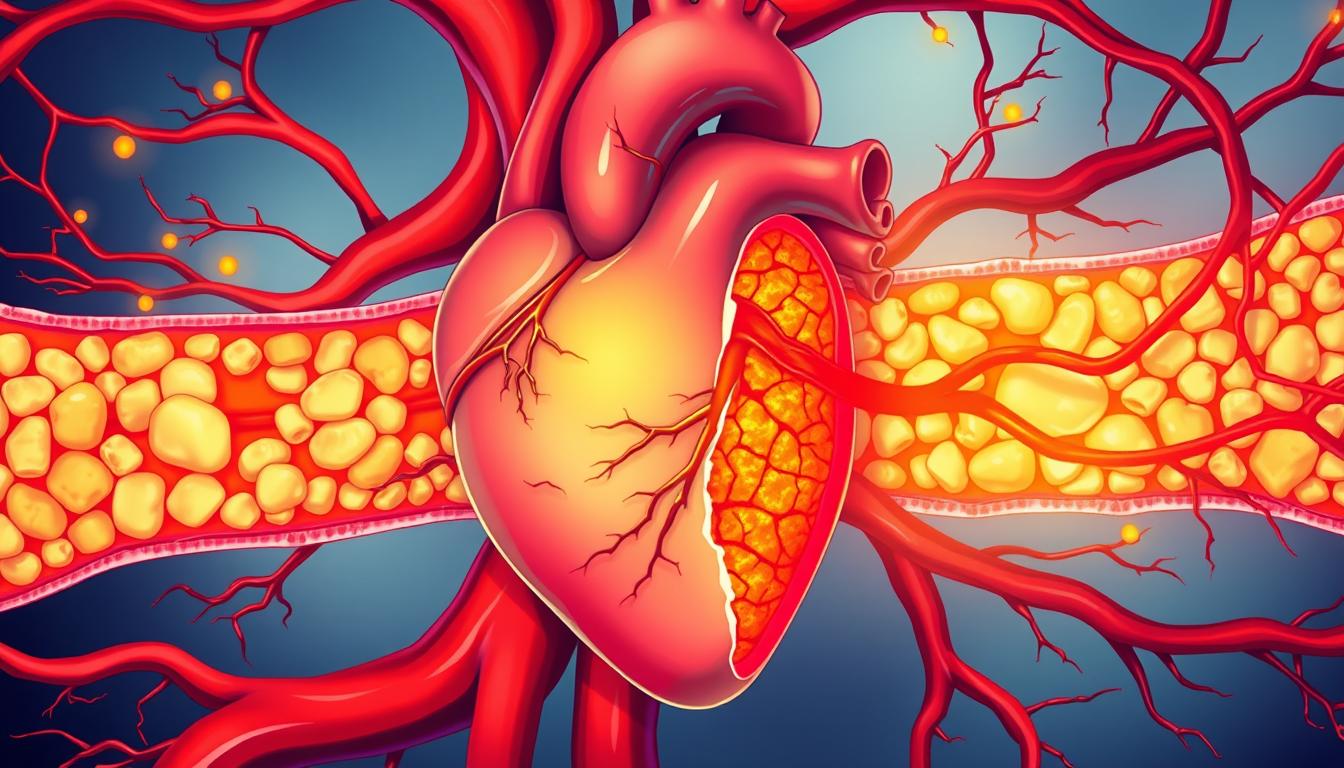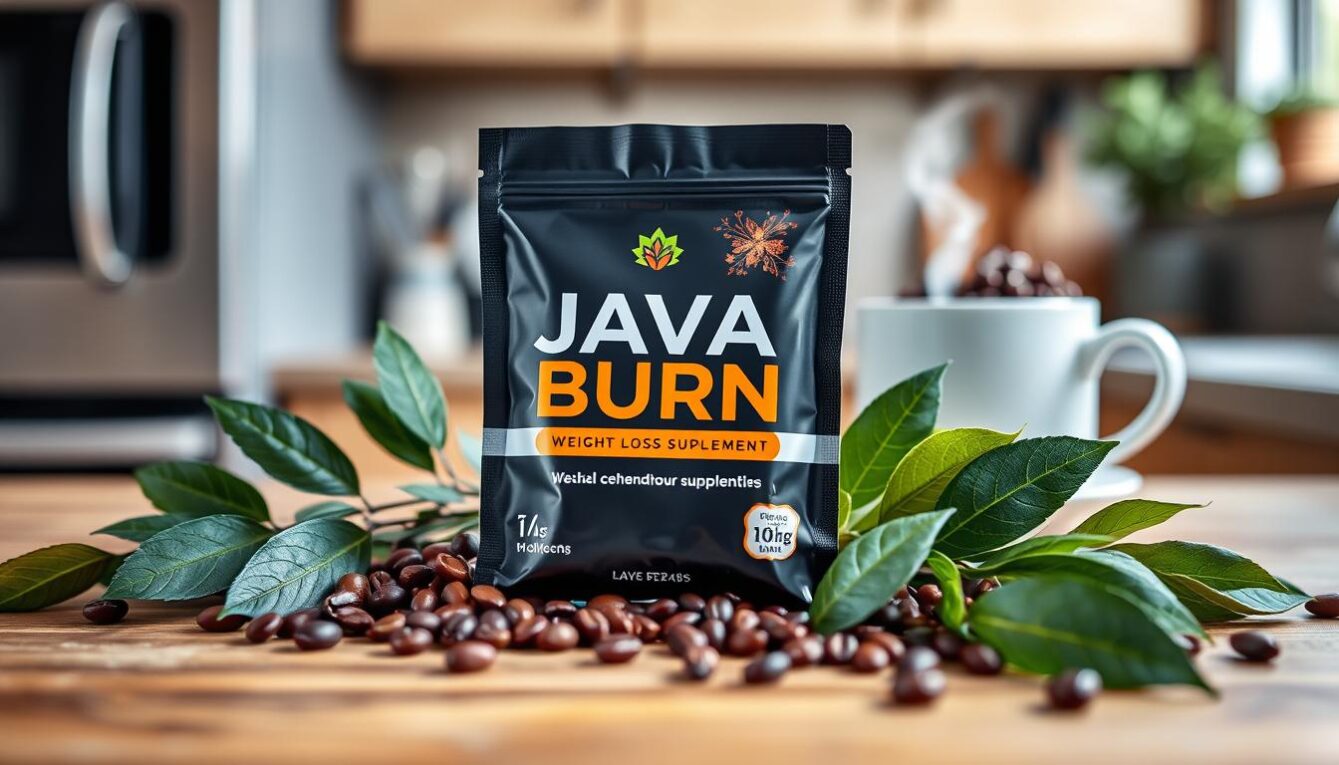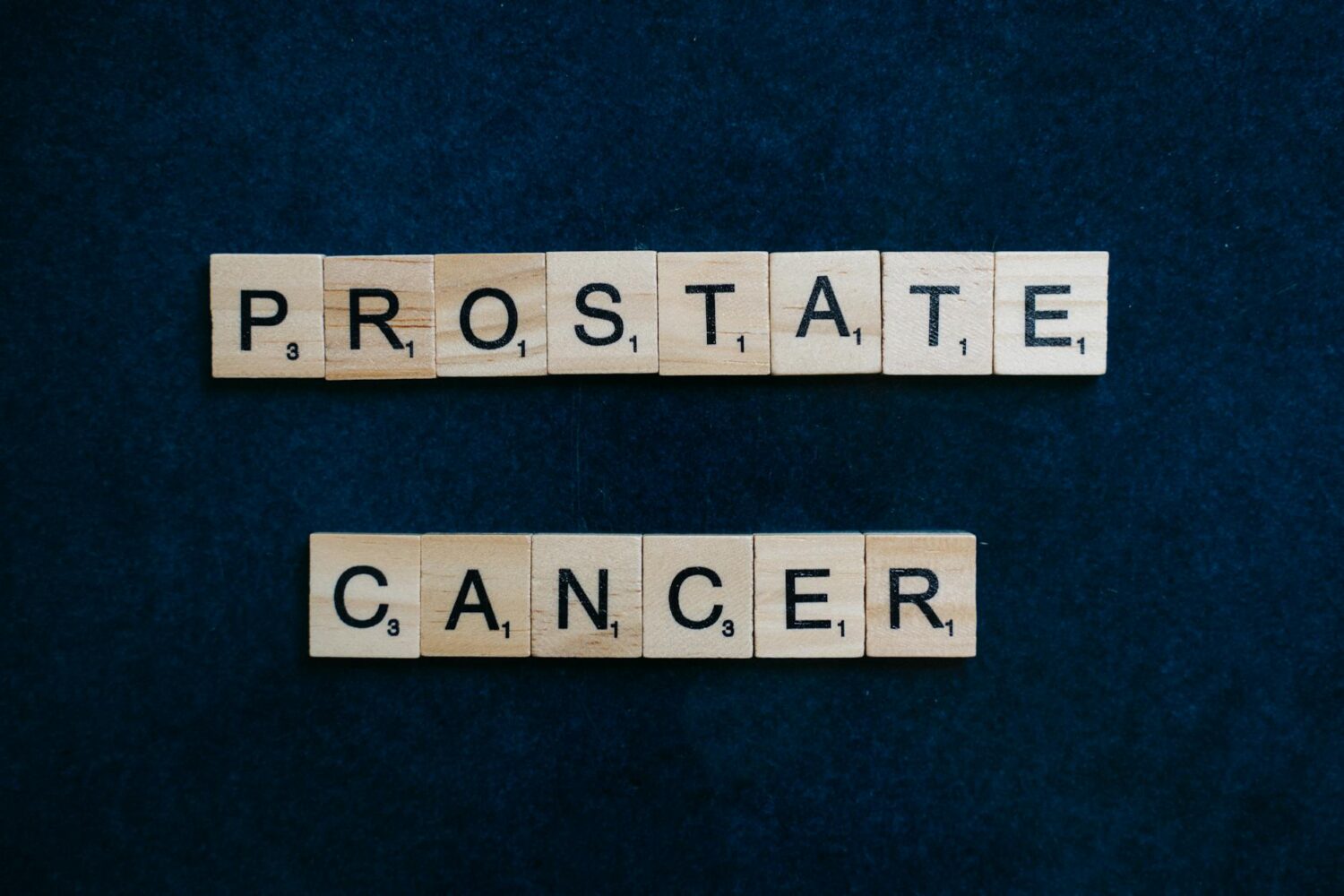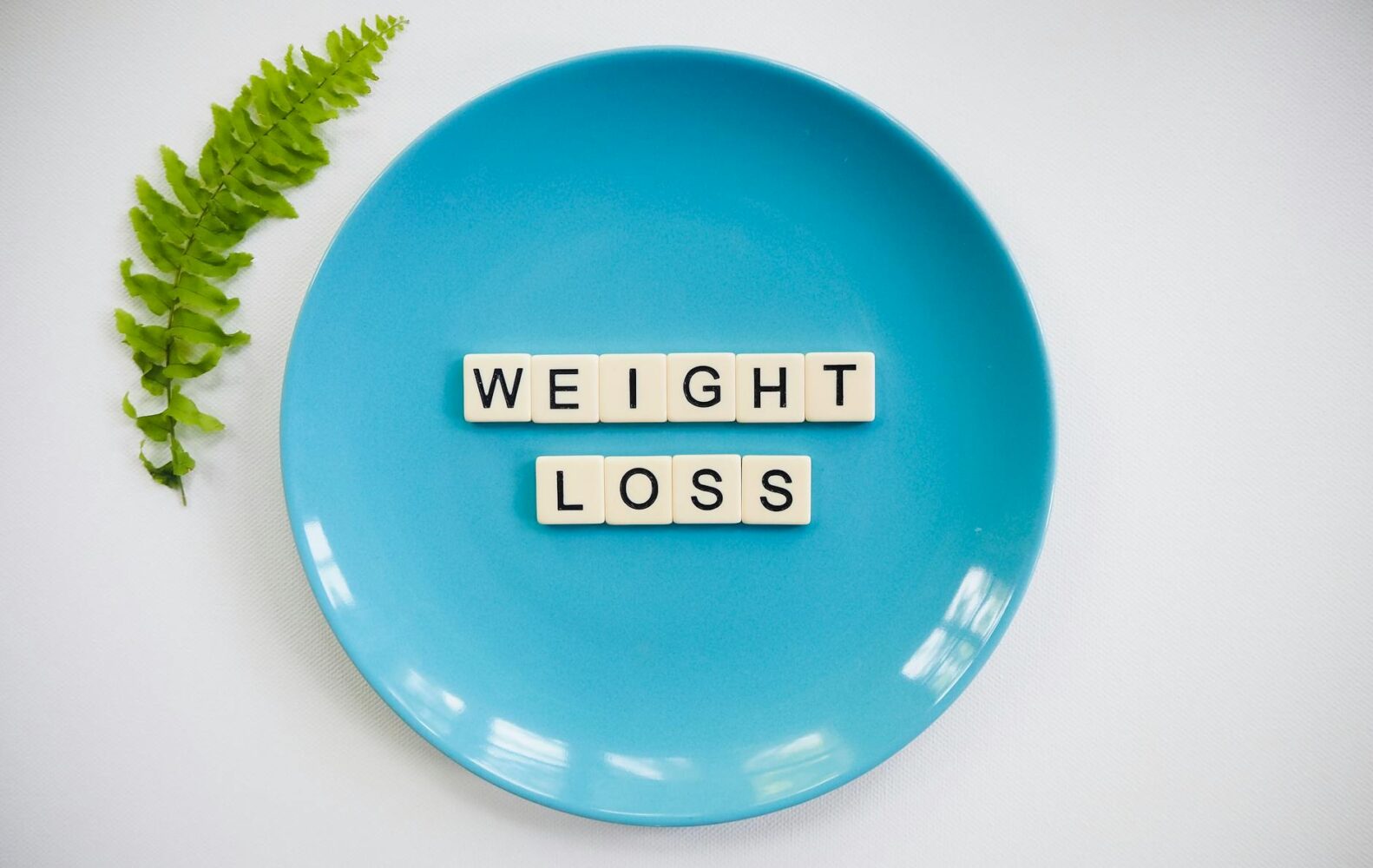Foods That Promote Prostate Inflammation and Enlargement
High-Fat Animal Products and Red Meat
Your steak dinner might be doing more harm than you realize when it comes to prostate health. Research has consistently shown that eating red meat several times per week significantly increases your risk of developing both benign prostatic hyperplasia (BPH) and prostate cancer. The culprit? High levels of saturated fat that trigger inflammatory responses throughout your body, including your prostate gland.
Those hot dogs, bacon, and deli meats aren’t doing you any favors either. Processed meats contain nitrates and other preservatives that create compounds called advanced glycation end products (AGEs) when cooked at high temperatures. These compounds damage cells and ramp up inflammation in your prostate tissue.
Don’t overlook dairy products in your quest for better prostate health. High-fat options like whole milk, cream, and full-fat cheese contain arachidonic acid, which your body converts into inflammatory compounds that can worsen prostate swelling and urinary symptoms.
The numbers tell a concerning story: men who eat diets rich in animal fats face up to double the risk of developing serious prostate issues compared to those who limit these foods.
This isn’t just a small increase – we’re talking about potentially doubling your chances of painful and uncomfortable prostate problems. When you combine healthy habits with targeted support, progress comes faster. That’s why a supplement like Prostavive can make a real difference in your overall comfort and confidence.
Alcohol and Caffeinated Beverages
That evening cocktail or beer might be making your nighttime bathroom trips more frequent and uncomfortable. Alcohol acts as a diuretic, increasing urine production while irritating your bladder and worsening symptoms like urgency, frequency, and nighttime urination that already plague men with prostate issues.
Your morning coffee routine deserves scrutiny too. Caffeine stimulates your bladder and can dramatically increase both the urgency and frequency of urination – the last thing you need when dealing with a prostate problem. Many men notice significant symptom improvement simply by scaling back their coffee consumption.
Beer presents a double threat. Beyond its alcohol content, it contains plant-based compounds called phytoestrogens that may mimic certain hormonal effects in your body, potentially contributing to prostate enlargement over time.
Men with chronic prostatitis or prostatodynia frequently report that both alcohol and caffeine trigger painful flare-ups. In clinical surveys, over 60% of prostatitis patients noted symptom worsening after consuming these beverages.
Spicy and Acidic Foods
That hot sauce challenge might not be worth it. The capsaicin that gives spicy foods their kick can irritate your entire urinary tract, worsening burning sensations and pain during urination for men with prostate issues.
Tomato-based sauces, citrus fruits, and vinegar-heavy foods create an acidic environment that can trigger inflammation in men with sensitive prostates. Many men report discomfort hours after consuming these foods.
Certain spices increase blood flow throughout your body – including to the pelvic region. This increased circulation can intensify swelling and discomfort in an already inflamed prostate.
Multiple elimination diet studies show that removing spicy and acidic foods from the diet leads to noticeable symptom improvement in 70-80% of men with chronic prostatitis and prostatodynia within just 2-4 weeks.
Sugar and Refined Carbohydrates
The cookies, white bread, and sodas in your diet might be fueling your prostate problems. High sugar intake triggers the release of inflammatory compounds throughout your body, creating an environment where prostate inflammation thrives.
Refined carbohydrates like white bread, pasta, and rice cause rapid spikes in blood sugar and insulin levels. These insulin surges may stimulate prostate tissue growth and worsen BPH symptoms over time.
Sugar-heavy diets contribute significantly to weight gain, and excess body fat increases estrogen production in men. This hormonal imbalance can directly impact prostate size and function.
Recent studies found that men who consume high-glycemic foods regularly show measurably worse BPH symptoms compared to those who follow low-glycemic diets, with differences appearing in urinary flow rates, residual volume, and symptom scores.
Dietary Patterns and Hidden Sources of Prostate-Irritating Foods
Hidden Sources of Inflammatory Ingredients
Even when you’re consciously avoiding obvious trigger foods, many hidden culprits may be sabotaging your prostate health. Processed foods typically contain excessive sodium—sometimes over 1000mg per serving—which doesn’t just affect blood pressure but can worsen urinary retention and increase nighttime bathroom trips.
The vegetable oils lurking in packaged foods deserve special attention. These oils—corn, sunflower, and soybean varieties especially—contain disproportionately high omega-6 fatty acids.
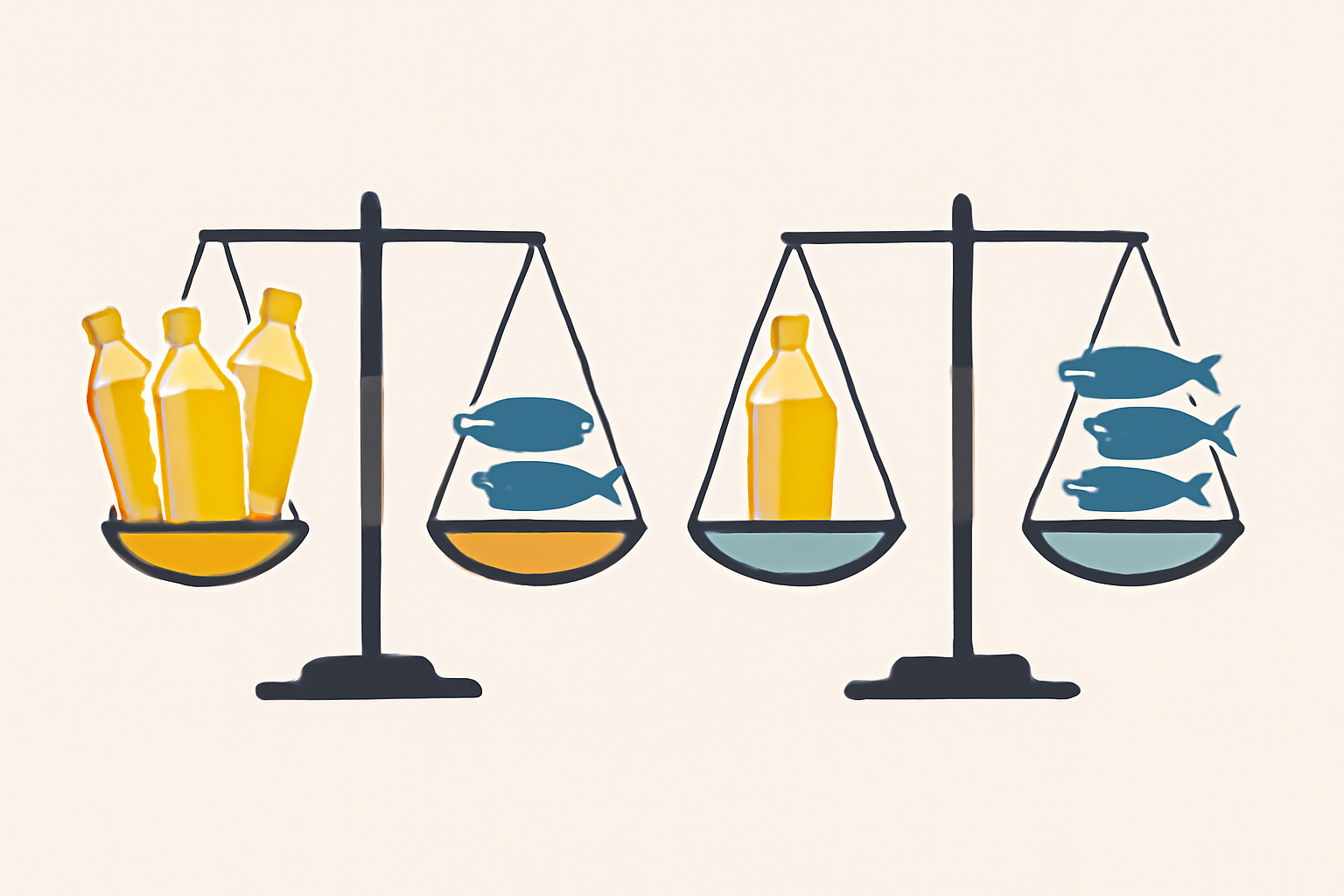 While your body needs some omega-6, too much creates an imbalance that triggers inflammatory pathways directly affecting prostate tissue. Check ingredient lists for these oils, which appear in everything from salad dressings to crackers and baked goods.
While your body needs some omega-6, too much creates an imbalance that triggers inflammatory pathways directly affecting prostate tissue. Check ingredient lists for these oils, which appear in everything from salad dressings to crackers and baked goods.
Artificial sweeteners might seem like a smart swap for sugar, but research suggests they may cause problems of their own. Aspartame, sucralose, and saccharin have been linked to increased inflammation in some men with prostate conditions. Many patients report symptom relief after eliminating diet sodas and artificially sweetened products.
MSG (monosodium glutamate) hides under many names on labels: “hydrolyzed protein,” “autolyzed yeast,” and “glutamic acid” are just a few. For men with chronic prostatitis, this flavor enhancer can trigger uncomfortable flare-ups of pain and urinary symptoms within hours of consumption.
Problematic Dietary Patterns
Lifestyle changes are important, but adding the right supplement can speed up results. Prostavive is designed specifically for prostate support, making it an easy addition to your routine.
It’s not just what you eat but how you eat that affects prostate health. The typical Western diet—heavy on meat, processed foods, and dairy but light on plants—creates the perfect storm for prostate inflammation. Studies show men following this dietary pattern have significantly higher markers of systemic inflammation that directly impact prostate tissue.
That big dinner right before bed? It might be partly responsible for your midnight bathroom trips. Large evening meals increase blood flow to digestive organs and can put pressure on the bladder and prostate, worsening nocturia symptoms. Try eating your largest meal at lunch instead.
Many men don’t realize that chronic mild dehydration concentrates urine, making it more irritating to both the bladder and prostate. Yet simply drinking more water isn’t the complete answer—timing matters too. Front-loading water intake earlier in the day prevents nighttime urination disruptions.
Inconsistent eating schedules throw off hormonal rhythms, including those affecting prostate health. Testosterone and cortisol fluctuations from irregular meals can increase prostate inflammation and growth over time.
Reading Food Labels for Prostate Health
Learning to decipher food labels becomes essential for prostate protection. Beyond the obvious sugars and sodium content, watch for partially hydrogenated oils—these trans fats are particularly damaging to prostate tissue due to their strong inflammatory effects.
Food dyes, particularly Red 40 and Yellow 5, have been linked to inflammatory responses in sensitive individuals. Similarly, preservatives like BHA, BHT, and sodium benzoate may trigger prostate irritation in some men.
Dairy derivatives hide under many names: whey protein, casein, sodium caseinate, and lactose are common examples. For men whose prostate symptoms worsen with dairy consumption, these ingredients require vigilance.
When reading nutrition panels, focus on the fiber-to-sugar ratio—higher fiber foods help modulate inflammation while reducing the negative impacts of any sugars present. A good rule: look for products with more grams of fiber than sugar whenever possible.
Transitioning to a Prostate-Friendly Diet
A gradual approach to dietary changes works best for most men. Eliminating all potential trigger foods simultaneously often leads to frustration and abandoning the effort entirely. Instead, remove one category every 1-2 weeks while monitoring your symptoms.
Keeping a simple food-symptom journal helps identify your personal triggers. Many men discover that while general guidelines are helpful, their prostate irritants might be unique. Track urinary frequency, nighttime bathroom trips, and discomfort levels alongside what you eat.
Smart substitutions make the transition easier.
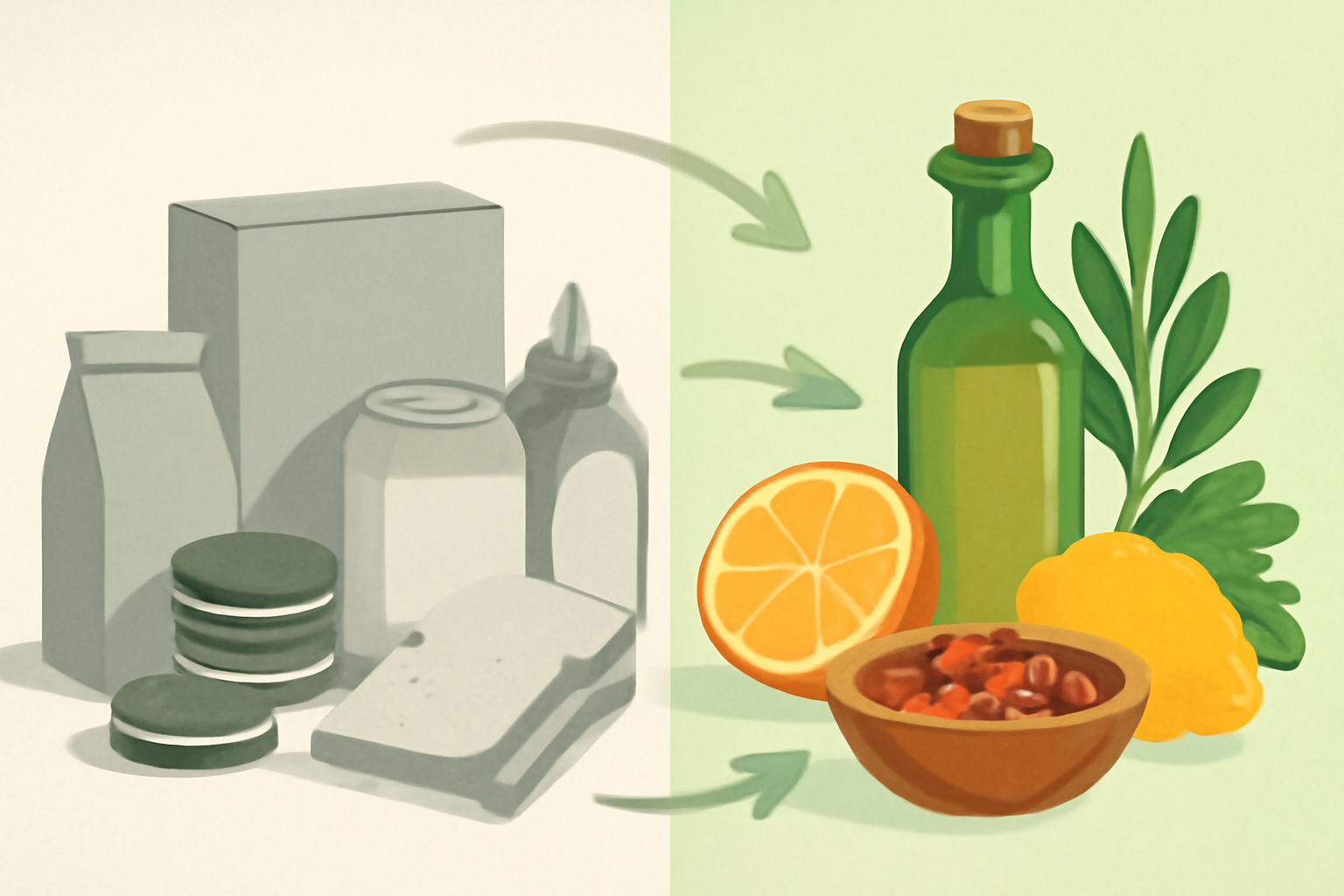 Replace inflammatory vegetable oils with olive oil, swap refined carbs for whole grains, and use herbs and citrus zest instead of salt to flavor foods. For sweetness, choose whole fruits rather than juices or artificial sweeteners.
Replace inflammatory vegetable oils with olive oil, swap refined carbs for whole grains, and use herbs and citrus zest instead of salt to flavor foods. For sweetness, choose whole fruits rather than juices or artificial sweeteners.
Most men notice initial improvements within 2-3 weeks of dietary changes, with significant symptom relief by the three-month mark. However, consistency matters—even occasional consumption of trigger foods can set back progress for several days.
If you’ve been looking for a way to support prostate health without turning to harsh prescriptions, Prostavive offers a simple daily approach that many men are already finding relief with.
